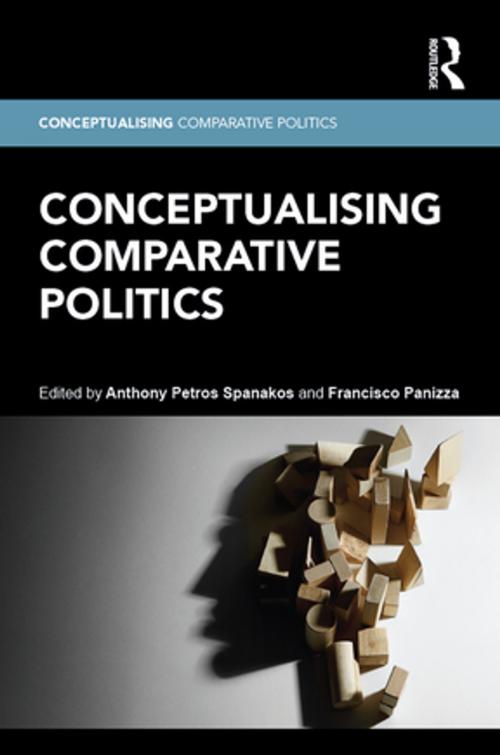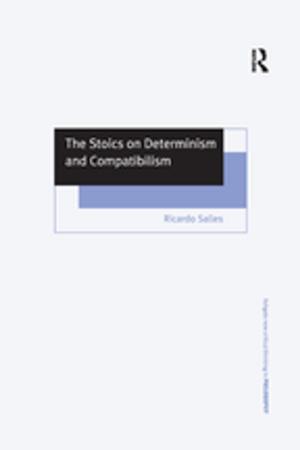Conceptualising Comparative Politics
Nonfiction, Social & Cultural Studies, Political Science, International, Foreign Legal Systems, Politics, Practical Politics| Author: | ISBN: | 9781317639039 | |
| Publisher: | Taylor and Francis | Publication: | July 16, 2015 |
| Imprint: | Routledge | Language: | English |
| Author: | |
| ISBN: | 9781317639039 |
| Publisher: | Taylor and Francis |
| Publication: | July 16, 2015 |
| Imprint: | Routledge |
| Language: | English |
Comparative politics often involves testing of hypotheses using new methodological approaches without giving sufficient attention to the concepts which are fundamental to hypotheses, particularly the ability of these concepts to ‘travel’. Proper operationalising requires deep reflection on the concept, not simply establishing how it should be measured. Conceptualising Comparative Politics – the flagship book of Routledge’s series of the same name – breaks new ground by emphasising the role of thoroughly thinking through concepts and deep familiarity with the case that inform the conceptual reflection.
In this thought- provoking book, established academics as well as emerging scholars in the field collect (and invite) scholarship in the tradition of conceptual comparative politics. The book posits that concepts may be used comparatively as ‘lenses’, ‘building blocks’ and ‘scripts’, and contributors show how these conceptual tools can be employed in original comparative research. Importantly, contributors to Conceptualising Comparative Politics do not simply use concepts in one of these three ways but they apply them with careful consideration of empirical variation. The chapters included in this volume address some of the most contentious issues in comparative politics (populism, state capacity, governance, institutions, elections, secularism, among others) from various geographic regions and model how scholars doing comparative politics might approach such subjects.
Concepts make possible scholarly conversations including creative confrontations across paradigms. Conceptualising Comparative Politics will challenge you to think of how to engage in conceptual comparative inquiry and how to use various methodologically sound techniques to understand and explain comparative politics.
Comparative politics often involves testing of hypotheses using new methodological approaches without giving sufficient attention to the concepts which are fundamental to hypotheses, particularly the ability of these concepts to ‘travel’. Proper operationalising requires deep reflection on the concept, not simply establishing how it should be measured. Conceptualising Comparative Politics – the flagship book of Routledge’s series of the same name – breaks new ground by emphasising the role of thoroughly thinking through concepts and deep familiarity with the case that inform the conceptual reflection.
In this thought- provoking book, established academics as well as emerging scholars in the field collect (and invite) scholarship in the tradition of conceptual comparative politics. The book posits that concepts may be used comparatively as ‘lenses’, ‘building blocks’ and ‘scripts’, and contributors show how these conceptual tools can be employed in original comparative research. Importantly, contributors to Conceptualising Comparative Politics do not simply use concepts in one of these three ways but they apply them with careful consideration of empirical variation. The chapters included in this volume address some of the most contentious issues in comparative politics (populism, state capacity, governance, institutions, elections, secularism, among others) from various geographic regions and model how scholars doing comparative politics might approach such subjects.
Concepts make possible scholarly conversations including creative confrontations across paradigms. Conceptualising Comparative Politics will challenge you to think of how to engage in conceptual comparative inquiry and how to use various methodologically sound techniques to understand and explain comparative politics.















